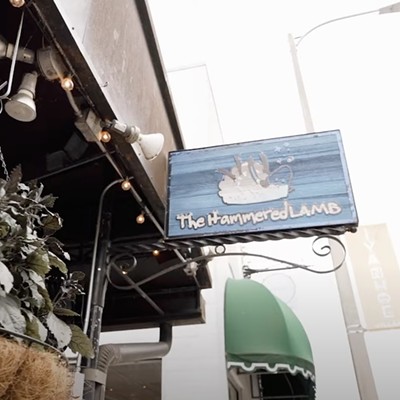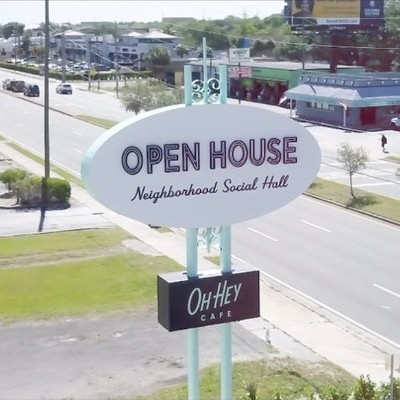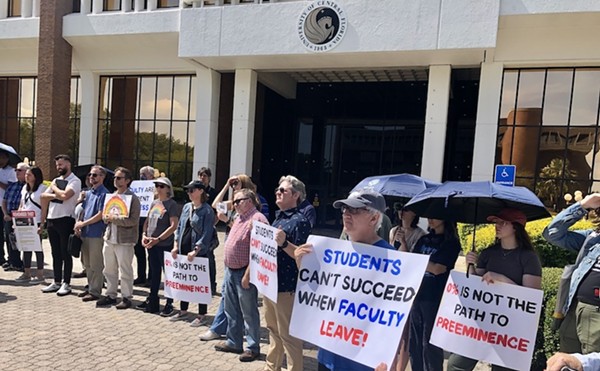Normally I don't read the lurid stories in the local daily paper about murder, mayhem and the various indignities human beings have been perpetrating upon one another since the days of Cain and Abel. Similarly, I eschew our local tabloid TV-news fare of the more sordid aspects of human behavior. Tales of heinous brutality neither enlighten nor enthuse me. They are not "news," and I don't feel the need to be reminded daily of what I already know -- we are a violent, predatory race of semicivilized savages who venerate revenge as the most potent weapon in our emotional arsenal.
But during this past week, two local "crime stories" appeared, both in print and on the screen, that point out how society's rules of punishment and retribution seem so unevenly applied. "We are a society of laws, not men," the saying goes, an egalitarian democracy with one uniform standard of justice. At least that's the way it's supposed to be. Yet it doesn't always turn out that way. Let's consider "murder most foul":
In Brevard County, a 15-year-old boy stole into his father's bedroom with a 9 mm handgun and pumped six bullets into his sleeping body. Charged only with second-degree murder, his lawyers struck a deal with prosecutors, pleading no contest to a lesser charge of manslaughter. The judge sentenced the juvenile to 10 years in prison after hearing requests for leniency from family members and friends, who testified about the dead parent's abusive behavior. Antonio Adderley, who premeditatively murdered his father while he slept, will be set free at age 25.
Meanwhile, in Fort Lauderdale, 14-year-old Lionel Tate is found guilty of first-degree murder for the accidental 1999 slaying of his 6-year-old friend, Tiffany Eunick. After the boy's mother turned down an offer that her son plead guilty to second-degree murder and serve three years in a juvenile detention center, followed by 10 years' probation, the court refused to consider a lesser charge. It also invoked a Florida child-abuse law under which the jury did not have to conclude that the boy had meant to kill, only that his actions were intentional and abusive. Because he was tried and found guilty as an adult, Lionel is looking forward to life imprisonment with no chance of parole.
How is it that a 14-year-old with diminished mental capacities gets a more severe sentence for an accidental death than a 15-year-old who shoots a man in his bed? Is it because Lionel's lawyers refused to cut a deal? Is it because Lionel's so-called "wrestling" case (his lawyers maintained the boy was merely trying to imitate wrestling moves he saw on TV, with disastrous results) attracted more media attention? Or is it because his judge is facing re-election and has to appear "tough" on a boy who caused such suffering?
A friend in the law-enforcement community provided me with sobering insight. His experience suggests there actually ARE precious few "standards" in the world of the legal system; we are really a society, not of laws, but of deals, plea bargains and very uneven criteria. In fact, our system is one in which justice is dispensed subjectively and selectively, rather than equally and dispassionately.
Everything depends, he asserted, on the quality of the defense lawyer, the motivation of the prosecutor, the biases of the judge, the class and race of the defendant, the amount of money one has for a vigorous defense, and the speed with which cases can be disposed of, so they don't clog an already overburdened court system. Thus, cutting a deal usually has a higher priority than finding out the truth.
He then told me of many instances in which a well-established member of the community -- with appropriate contacts and better-paid lawyers -- would receive much more consideration from the bench, or from a colluding prosecutor (perhaps anxious to score points with a law firm he may jump to), than a lesser member of society charged with a similar offense. Justice, according to him, is less of a bedrock virtue than a shifting sea of personalities, contingencies and conflicting agendas. As an insider, he was not at all surprised that the two teen murder cases resulted in such dissimilar results.
Happily for Lionel, the prosecutor himself will ask Gov. Jeb Bush for a change in the boy's draconian sentence. Perhaps some retroactive compassion and reason will redress the flaws in this case. But it's a somber and ultimately sad realization that a critique of the justice system, made 40 years ago by social critic Lenny Bruce, still contains the ring of truth: "In the halls of justice ... the only justice is in the halls."

















